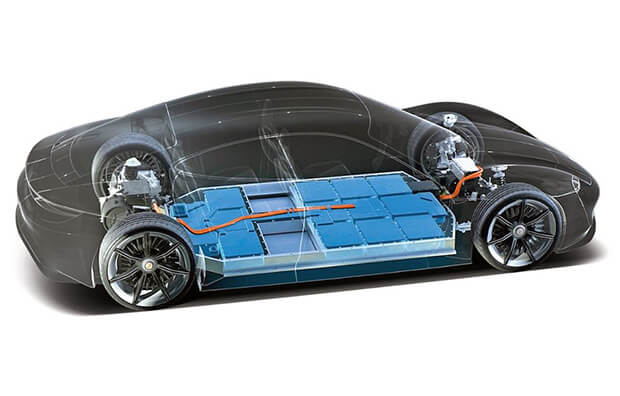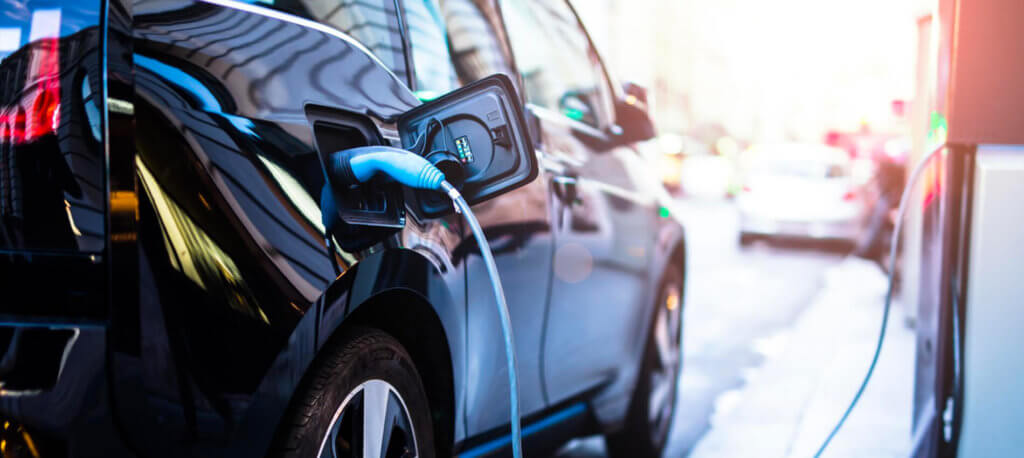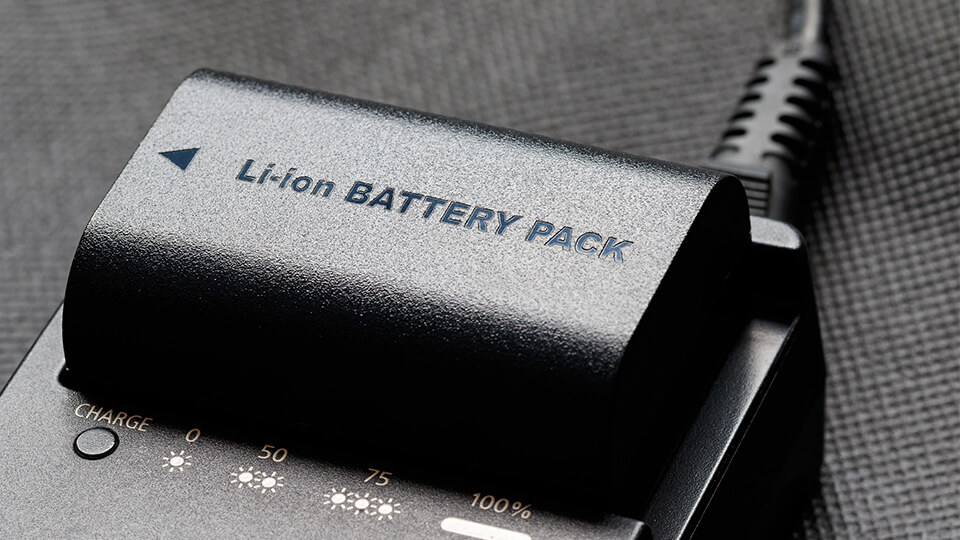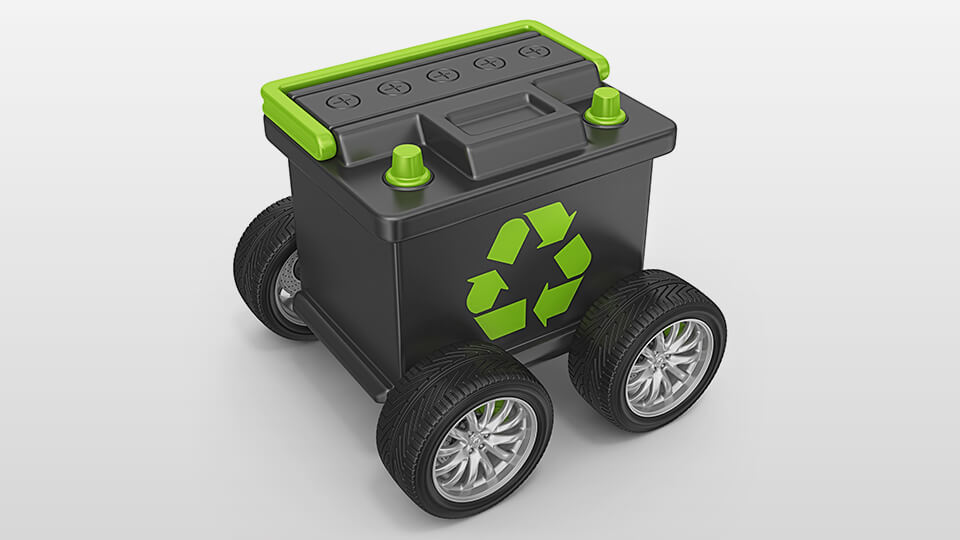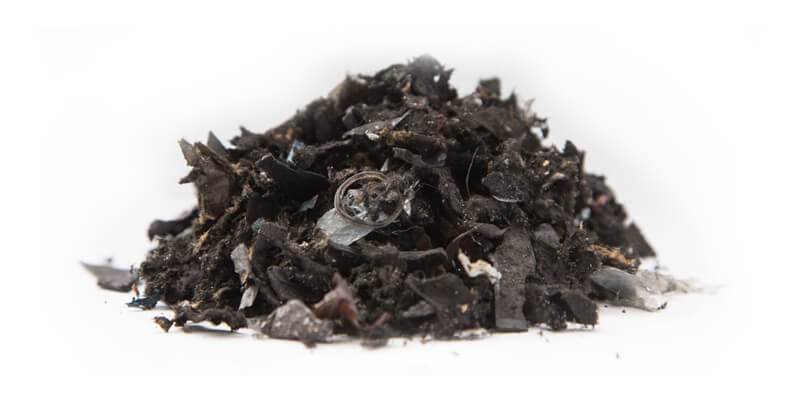Norway has stood out as the world leader in the acceptance of electric cars. In 2024 nine out of every ten cars sold in the country was an electric vehicle. Prominent dealers have now all but eliminated fossil fuel powered cars from their inventory. Many feel it’s wrong to have customers buying internal combustion engine cars, because their futures they see in electric.
The Nordic nation of 5.5 million people has adopted EVs faster than any other country. Without a doubt it is on track to totally phase out the sale of fossil fuel cars. According to the Norwegian Road Federation current sales of electric cars are up to 98% of car purchases. Unlike in the UK where the figure is 20% and the US 8%. Indeed, Australia is running at about 9.5%,
Norway has achieved this outcome by steering customers towards electric cars. Achieving this with higher taxes and registrations on fossil fuel cars and taking VAT and import duties off low-emission cars. This has been followed with a string of additional incentives including free parking, discounted roads tolls and access to bus lanes.
Undoubtedly, Norway’s recharging network is the envy of many countries. From an Australian perspective this is something that is still to be developed. Clearly it represents a significant commercial opportunity.
Government policies
Importantly, the new Trump US government approach to electric cars will be interesting as it pivots away from ‘net zero’ policies. Tesla with its global commitment to EVs can be expected to lobby hard to ensure that its approach to innovative cars is maintained in the US.
An emerging issue in Australia will be how the federal government approaches the incentives for more EV ownership? In addition how does it intend to back fill the budget with the excise duty raised on petrol driven cars falling short of projections?
Ecobatt continue to develop the infrastructure necessary to handle the efficient recycling of EV batteries at the end of their useful life.
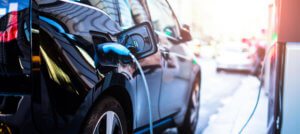
Ecobatt plans for the future
Zoltan Sekula from Ecobatt believes that the transition to EV’s is at a stage where more brands and affordable options are available to the public. Currently, there is an oversupply of EVs in Australia. “It is interesting that all political parties are supportive of the transition to electric vehicles in their policy statements so we can expect some development of their positions over the next few months as we approach the next federal election”
“Our plans are becoming more formalised as we gear up to the commissioning of our URT Lithium plant in 2026”. Zoltan said.
From a recycling perspective, the concept of urban mining and the development of a green metals industry is gaining traction. Clearly, Ecobatt are planning to be at the forefront of these developments.
The company also has a comprehensive service offering to manage incidents with unstable electric car batteries. Safe transport containers developed to global industry standards are available nationally to ensure damaged vehicles can be moved and monitored in a safe and reliable way.
Ecobatt continue to work with the major car brands to develop an effective program for recycling end-of-life EV batteries. By 2030 the issue of recycling of old lithium-ion batteries will become more of a reality.

